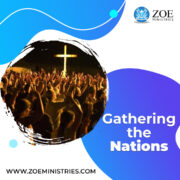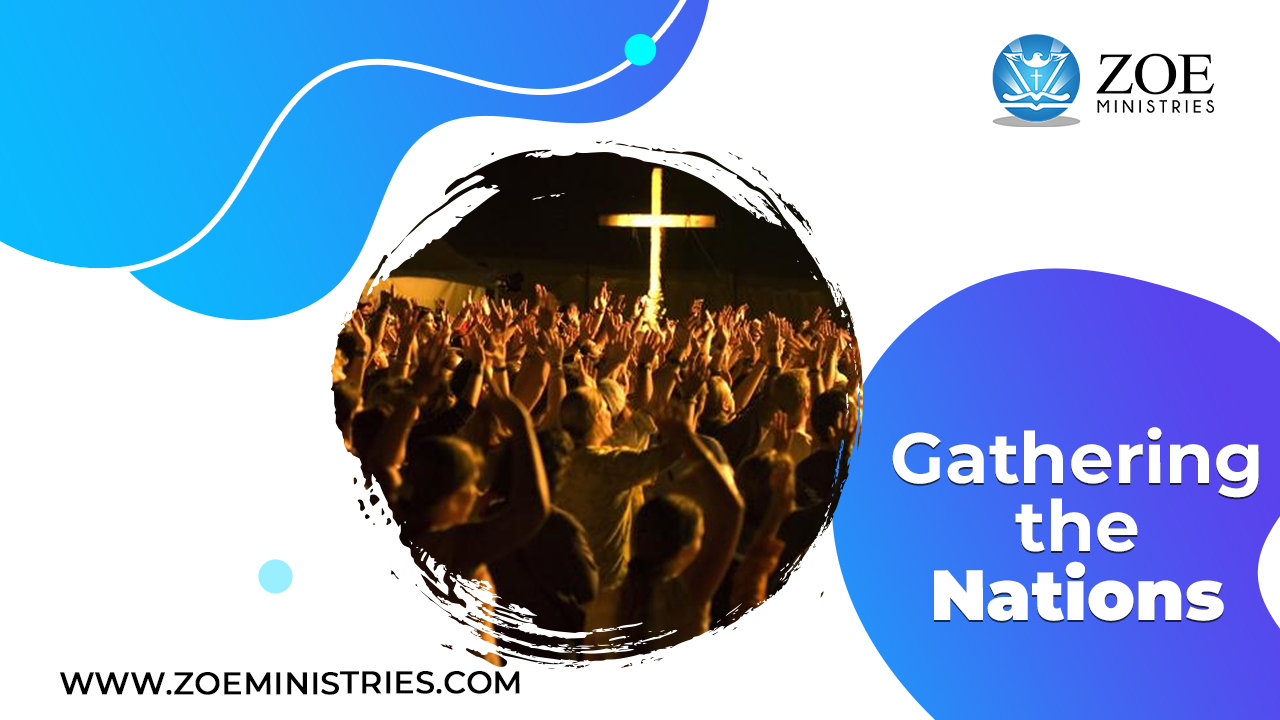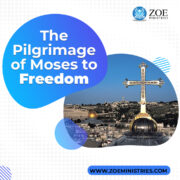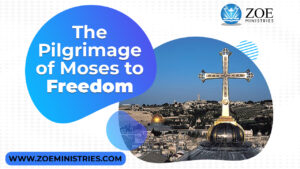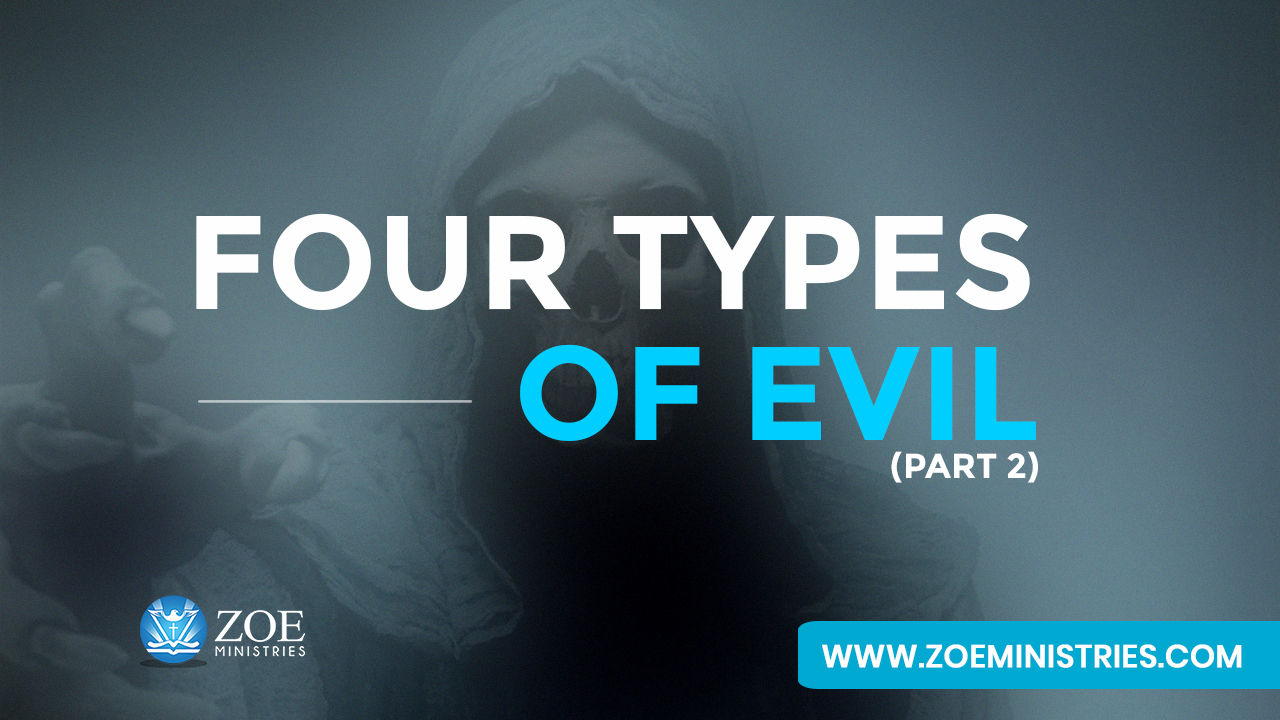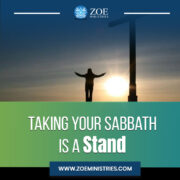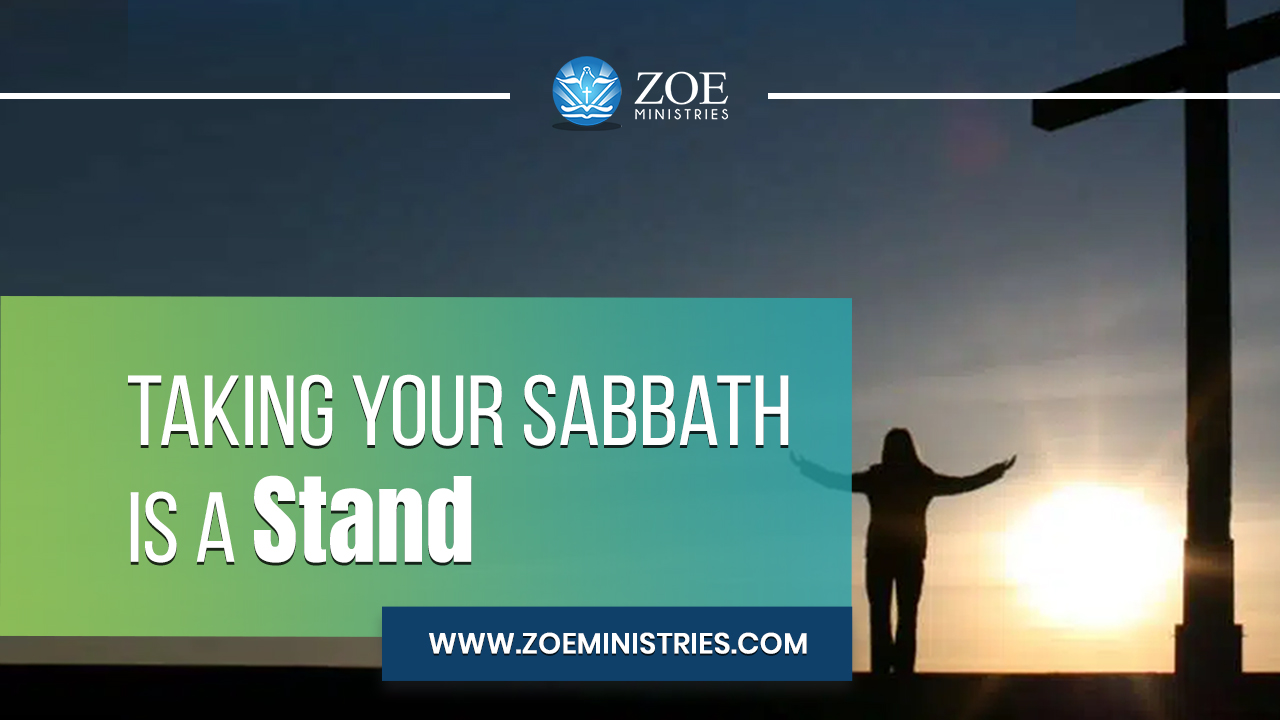The Soul is Immortal
IDENTITY AND THE SOUL
As Christians, we believe that the soul is immortal and retains its identity after death, whether in physical union with the body or temporarily separated, awaiting resurrection on the last day. The soul possesses an eternal blueprint for the resurrected organic body, which will be brought back to life by divine power. This belief empowers us to envision the ultimate perfection of all mankind on the last day and the final destruction of those who deserve eternal agony.
Body and Soul
The divine plan necessitates the relationship of body and soul and the realization of spiritual essence inside us. We were created in the image and likeness of God, which implies we have something eternal and flawless within us. The spiritual body, in contrast to the mortal, physical body, is eternal in the heavens and was not created by human hands. This spiritual energy pervades everything and will never be depleted.
Personal Prophecy
Personal prophecy empowers us with insights and guidance that align us with God’s plan for our lives. Prophetic words speak directly to our situation, providing clarity and direction to confidently move forward and fulfill our divine purpose. That’s why I’m thrilled to invite you to “Future Forward: Prophetic Insights for Tomorrow Leaders.”
At the event, prophetic ministers teach you how to align with God’s intention for your life and go forward with assurance and direction. Don’t waste this incredible chance to find peace and security in knowing God’s will for your life.
.The divine plan relies on recognizing our soul and spiritual substance. Personal prophecy is the key to unlocking divine insights and guidance to align with God’s plan for our lives. Join us at “Future Forward: Prophetic Insights for Tomorrow Leaders” and learn from prophetic ministers. Gain the confidence and assurance needed to embrace the divine plan and align yourself with God’s purpose for your life. Check out everything that will happen at www.prophecology.com.
Accept This Invitation
Register for Prophecology 2023 at www.prophecology.com
Future Forward: Prophetic Insights for the Tomorrow Leaders
You will soon be blessed with prophetic understanding and power. Connect with us for a personal prophecy. This is your opportunity to receive a prophetic message tailored to your life’s current stage.
Join our LIVE Conference Call!
1) Call 515-604-9266
2) Go to startmeeting.com, and use the login: BishopJordan



